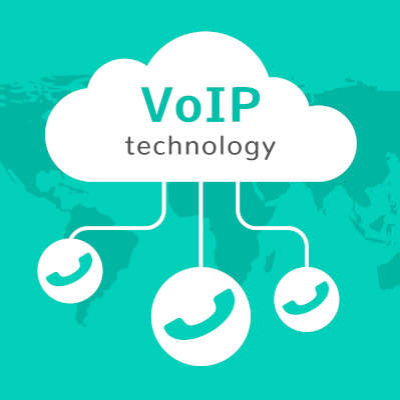Communication often goes unnoticed but plays a crucial role in efficient business operations, supporting various functions to some extent. Therefore, investing in the right tools can significantly enhance your business. In today’s context, one such tool is Voice over Internet Protocol (VoIP).
“Please listen carefully as our menu options have changed…” Sound familiar? It’s one of the most common catchphrases of the modern business phone system prompt. It might be a little cliche, but at least it’s not among the worst sins your phone system could be committing that is preventing your business from potential success.
Businesses depend on their communication infrastructures to work with clients, vendors, and their staff. Depending on the specific needs of the company, a business might implement any number of communication solutions, all of which have various strengths, weaknesses, and uses. We’ll walk you through some of the most common communication solutions, as well as why you might want them for your company.
VoIP, the shortened form of Voice over Internet Protocol, can be considered the latest and greatest in telecommunication, a solution that is far superior to traditional landlines. Some businesses have embraced this technology with open arms, whereas others still cling to their landlines like their lives depend on it. At the end of the day, relying on your landline when a better solution exists is no different from throwing money away.
Your landline telephone may have once been a prominent part of your business’ communication infrastructure, but chances are that it’s fallen on hard times since you last used it. In fact, you might be surprised to find that there are quite a few arguments against using a landline for your organization’s phone system, especially with more modern tools eclipsing it in usefulness.
Businesses have long used telephony solutions of some sort, but the traditional landline is an archaic piece of technology in the modern office. You can take your organization to the next level with a more dynamic and flexible solution, one that has the same features without all of the headaches associated with traditional telephone systems. A Voice over Internet Protocol (VoIP) solution can completely change your communications for the better.
Businesses of all shapes and sizes rely on the telephone to support their operations, which has historically required no small investment on their part. Today, however, there is a much more cost-effective option in Voice over Internet Protocol (also known as VoIP). Let’s consider a few reasons that businesses should see VoIP as the superior option.







